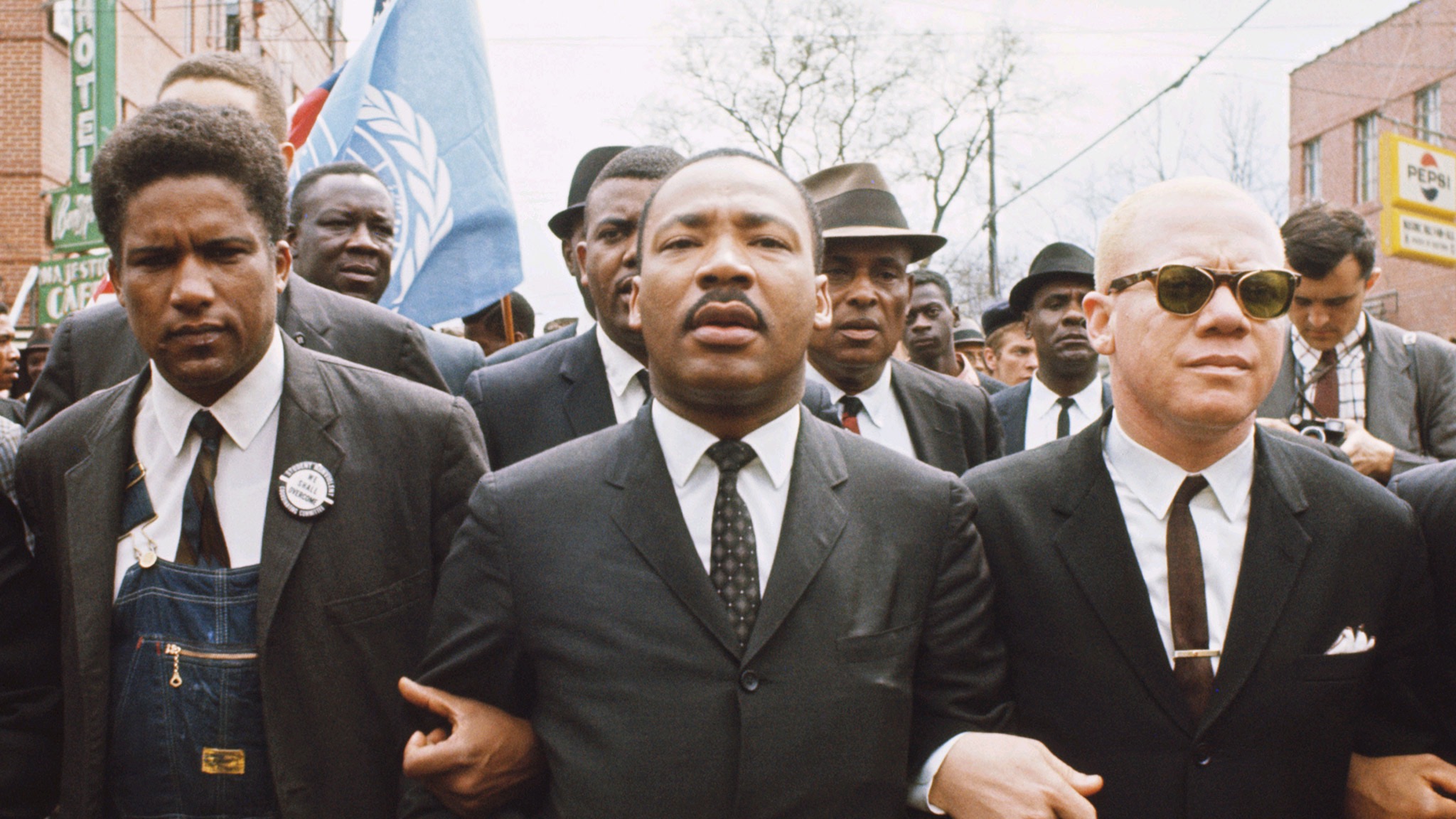
Rev. Dr. Martin Luther King Jr.'s Prophetic Call for Justice: Lessons from the Book of Amos
Through our yearly remembering of the Rev. Dr. Martin Luther King Jr. and his address on the steps of the Lincoln Memorial, the words of Amos 5:24, "But let justice pour down like streams, and righteousness like an ever-flowing stream," have been permanently etched on the minds of Americans. Among the thousands of notecards King reflected upon Religious Teachings of the Old Testament, his thoughts on the book of Amos are most notable. King shares his opinions on human nature, personal immortality, the nature of divinity, and social ethics in his informal exegesis of biblical texts, particularly those from the books of Psalms, Jeremiah, and of course Amos. King observes that "unless a man's heart is good... the formal forms of worship mean nothing" in his analysis of the well-known Amos phrase "let judgment run down as streams, and righteousness as a mighty torrent." King claims that worship and ritual are never "a substitute for ethical living." He contends that Christians in particular have a responsibility to work for social justice. “Whenever Christianity has remained true to its prophetic mission, it has taken a deep interest in social justice. Whenever it has fallen short at this point, it has b[r]ought about disastrous consequences.”
It becomes evident from this wider perspective that Amos' message to Israel is that they are bringing judgment upon themselves. Even while they may claim to long for the advent of the Lord, if they don't stop persecuting the poor and upright in their midst, they will perish on that day. It is obvious that the religious celebrations and offerings meant to compel people to turn their hearts toward God have failed to accomplish so. Instead of righteousness, the country is ruled by evil and sin. King is using the prophetic words of Amos to suggest that America will be destroyed in the upcoming day of the Lord if justice and righteousness are not made a reality. This is in line with the original meaning of this text, which shows that King is not just attempting to provide enjoyable visuals for those listening to him speak. King observed that in America the rich were hoarding more than they could ever use in their lifetimes, much like Israel in the time of Amos, while the poor were being trampled. Additionally, America had spread its institutionalized tyranny of the poor around the world through its power on the international stage, stomping on God's children everywhere.
King understood that Amos' teachings had significance for those striving to accomplish justice and righteousness in the present because he was deeply anchored in the Black Church heritage. The Black Church has long recognized the need to make the gospel meaningful in the spiritual and practical realms and struggle to make social justice a reality as an institution. King loved America and spent a significant portion of his life working to bring America into compliance with the moral requirements of the Beloved Community, which for King was a metaphor for the impending Kingdom of God. King was acutely aware that America was failing miserably in its duty to uphold the rights of the oppressed and that it was trapped by repressive ideologies like white supremacy, militarism, and extreme segregation. King realized that America was on the verge of annihilation, just like Dives, the rich man, who disregarded the poor man Lazarus at his gate. Dr. King and the Christian prophets have similar characteristics, particularly regarding their role in the national consciousness. Dr. King, however, was not inherently a prophet. King, in essence, doesn't match the theological model of a prophetic witness. King did not serve as the mediator of the covenant or as the voice of God. Dr. King does not suit the prophets' judgmental social ethics and theocentric theology. While Dr. King did not give a prophetic witness, he did give a credible Christian witness in his roles as a liberator, social conscience, and social reformer.
King's sermons from more than 50 years ago still hold true in today's America, where racism and misogyny are becoming more prevalent, extremism is on the rise, and a small elite class holds onto power and wealth while the majority of people at the bottom of the social scale struggle to access the necessities of life. So, if you have happy memories of King today, realize that he was a voice of prophetic fire, denouncing America and the rest of the world for failing to recognize human beings' dignity and worth. King's vision has not yet come to pass. To change that, many Americans should honor King and look to the book of Amos for inspiration.
Post a comment